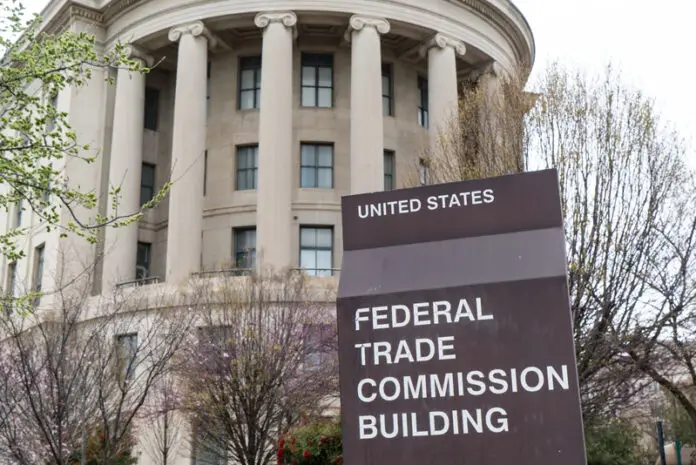A majority of companies in the US have their employees sign a non-compete agreement, which usually states that the employee is not allowed to look for opportunities that directly compete with the employer’s company. Some companies also don’t allow the employee to start a business venture that would sell similar products that compete with their current employer.
This agreement is now seen to be unfair because it is exploitative and withholds potential opportunities for the employee.
Recently, the Federal Trade Commission (FTC) has challenged non-compete agreements and wants them to be permanently abolished. Abolishing the non-compete agreement option could possibly provide employees $300 billion more in their annual earnings and could benefit around 30 million Americans.
In recent years, the FTC sued three companies, Prudential Security Inc. and affiliate Prudential Command, plus two executives for providing workers “overly excessive” restrictions and unfair methods of competition, violating Section 5 of the FTC Act.
Last summer, President Joe Biden signed an executive order that encourages the FTC to look into non-compete agreements and either provide new clauses or totally ban the agreements.
The FTC has unveiled proposed policies banning non-compete agreements:
- It categorizes all non-compete agreements with workers to be “unfair methods of competitions,” making it illegal under federal law to enter into or maintain non-competes with any workers, including employees, independent contractors, interns, or volunteers, or represent that such workers are subject to covered non-compete clauses;
- It requires employers to rescind existing non-competes; and
- It requires employers to notify current and former employees of the rescission and provides a template for such notices.
The new policy covers all independent contractors, and anyone who works for an employer, whether they are paid or unpaid. Employers are also required to inform their current employees that the old agreement will be no longer be in effect.
FTC Chair Lina Khan said that non-compete agreements not only prevent workers from having better job conditions, but also affect businesses that need to build on their workers’ competencies to be able to expand. She said that the new rule “would promote greater dynamism, innovation, and healthy competition.”
Khan explained, “The freedom to change jobs is core to economic liberty, and to a competitive, thriving economy.”
Currently, companies are expected to thoroughly review the proposal while the FTC is expecting comments and further discussions on the topic.
Once the non-compete agreement is abolished, employers are expected to be more competitive in retaining their current employees, by offering them wage increases or better working conditions.

